What is the primary goal of motivational interviewing? How do these goals help clients achieve sobriety more effectively? These are common questions, and Peninsula Health Center has the answers.
Peninsula Health Center is a Long Beach outpatient drug treatment center that can help with addiction and mental health treatment. Contact our facility today to speak to a member of our admissions team and learn more about our treatment programs and therapies.
What is Motivational Interviewing?
Motivational interviewing is a therapy modality for treating addiction or mental health disorders. Millions of Americans struggle with addiction, binge drinking, and mental health disorders; many do not receive the special treatment they need.
Motivational interviewing is a field that has been studied for over 30 years. Motivational interviewing integrates strategies to increase participation and retention in the treatment process. The goal of motivational interviewing is to
- Reduce substance abuse
- Encourage higher abstinence
- Help clients successfully transition from one level of care to the next
Motivational interviewing strategies can influence positive behavior by giving clients autonomy throughout all stages of change and building a relationship based on trust and respect.
Whether you are in a PHP, IOP, or traditional outpatient treatment program, you can participate in regular motivational interviewing sessions with a counselor in addition to your other individual and group sessions.
What is the Primary Goal of Motivational Interviewing
What is the primary goal of motivational interviewing? Goals of motivational interviewing are to support clients as they identify and make positive changes. The goals of motivational interviewing are achieved through an approach based on personalized care. This personalized care can increase engagement in your program by a factor of four.
Personalized Care
What is the primary goal of motivational interviewing as it relates to substance abuse treatment? Providing personalized care that focuses on partnership and compassion. To meet the goals of motivational interviewing, counselors need to:
- Offer affirmations
- Ask open-ended questions
- Summarize how their clients are feeling
- Practice reflective listening
Counselors are not authoritative or judgmental, but rather, they utilize empathy to encourage lasting change.
Accepting Ambivalence
One goal of motivational interviewing is to recognize that it’s normal for individuals to feel some level of ambivalence toward change. Being adverse to change where substance abuse or mental health disorders are concerned shouldn’t be met with judgment but compassion. Counselors utilizing motivational interviewing are not authoritative but focused on engaging you through collaboration and trustworthy partnership.
Counselors work with you to not only identify this ambivalence but help you resolve it. This might include tactics like:
- Talking about change
- Encouraging positive behaviors
- Engaging you, as the client, in a better understanding of the stage of change
Change Talk
During your sessions, you might engage in change talk, where you talk about change, what you want to change, how you might change, and why. This part of the communication helps you make goals.
Sustain Talk
Sustain talk is another form of communication you might use in your sessions to discuss how to sustain the changes you have already selected. This form of talk helps you meet goals.
Discord Talk
This is where you get to talk about what discord might exist and the ambivalence you feel toward change. Different feelings may arise at each level of change, but within the confines of motivational interviewing, you have a chance to talk through that discord.
Stages of Change
The goals of motivational interviewing take into consideration the five key stages of change.
- Precontemplation
- Contemplation
- Preparation
- Action
- Maintenance
Evidence suggests that motivational counseling can increase success rates with substance abuse treatment, decrease consumption, and reduce health risks. Treating clients with a supportive partnership when they express ambivalence is a big part of facilitating the necessary motivation to change at different levels. How is this done?
All of this is achieved by techniques centered on the individual and help resolve any ambivalence toward change. Motivational interviewing can encourage clients to stay motivated no matter their stage of change.
Get Help with Peninsula Health Center
At Peninsula Health Center, we provide a range of services, including motivational interviewing. We integrate motivational interviewing into our PHP and IOP services. Our intensive outpatient rehab in Palos Verdes offers dual diagnosis services for co-occurring mental health, detox, medication-assisted treatment, and trauma-informed care. No matter what it is you are struggling with or for how long, we use state-of-the-art therapies like motivational interviewing to help you recognize negative patterns and replace them with positive change.
Call us today at 1-866-934-8228 to learn more about how motivational interviewing can help you achieve lasting change.






